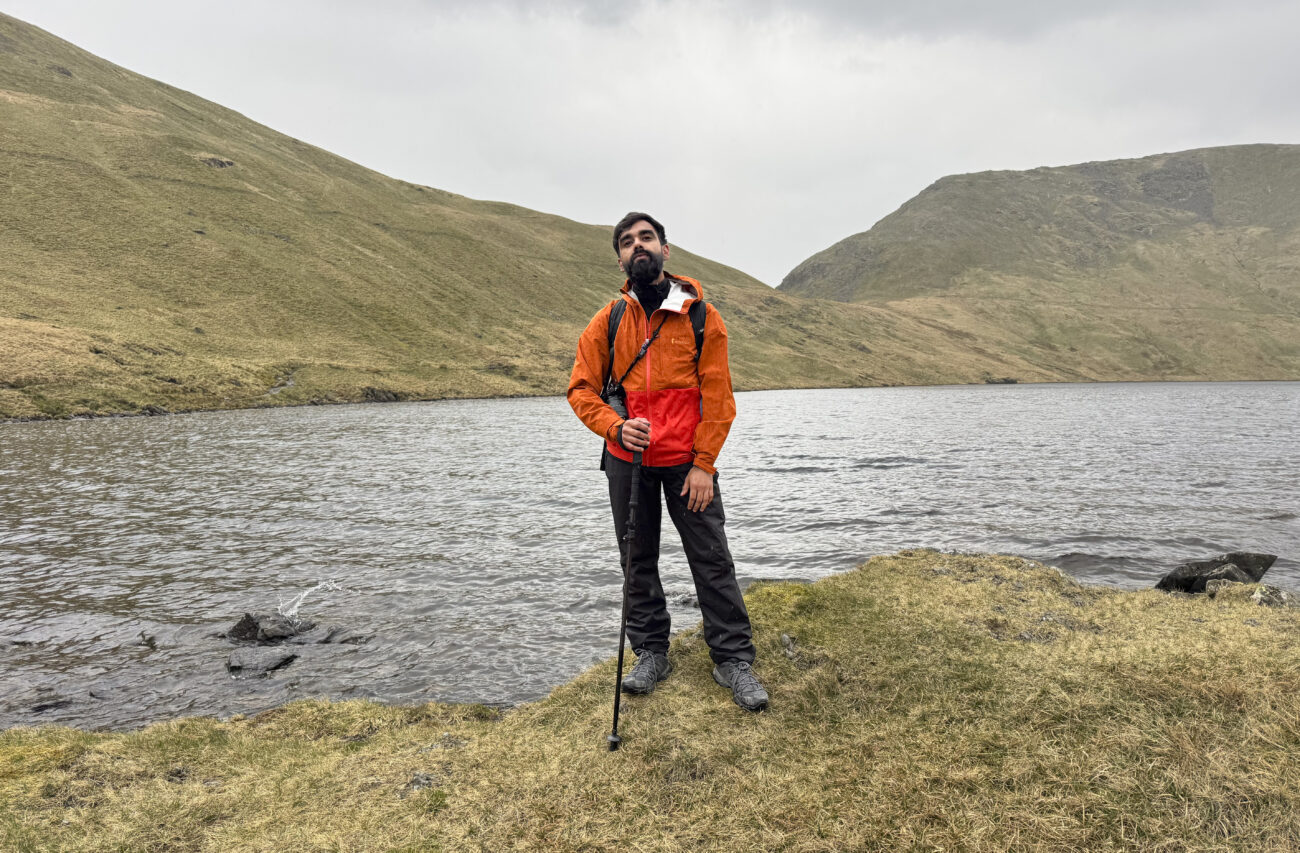
"I'm in many ways first-generation, and I was very thrilled when I got the offer for the program. I was excited to join but realistically, without the very generous scholarship, I wasn't sure if it was even possible to attend. I felt that in terms of my specific goals, this program would unlock new avenues in climate work in India and the Global South. I felt both profoundly happy and that this was a very significant stepping stone for the work I want to do."
"After university, I started working on economics and climate change, specifically climate adaptation in Sub-Saharan Africa and then also in Nepal and India. I think along with the fact that I've grown up in a significantly flood-prone area in India, I realized there is a big gap in terms of understanding and building resilient systems to focus on very vulnerable communities that are going to be affected by climate shocks and have been for a long time;"
Trained as an economist, Pulkit Bajpai has worked with local governments worldwide on climate adaptation and funding, focusing on small initiatives that collectively enhance resilience. He has led projects in Sub-Saharan Africa, Nepal, and India and grew up in a flood-prone area, which informed his focus on vulnerable communities and resilient systems. He received a Stanley Park Scholarship to pursue an M.S. in Climate Finance at Columbia, a program partnered with Columbia Business School, and views the scholarship as critical to enabling attendance and advancing climate work in India and the Global South.
Read at State of the Planet
Unable to calculate read time
Collection
[
|
...
]